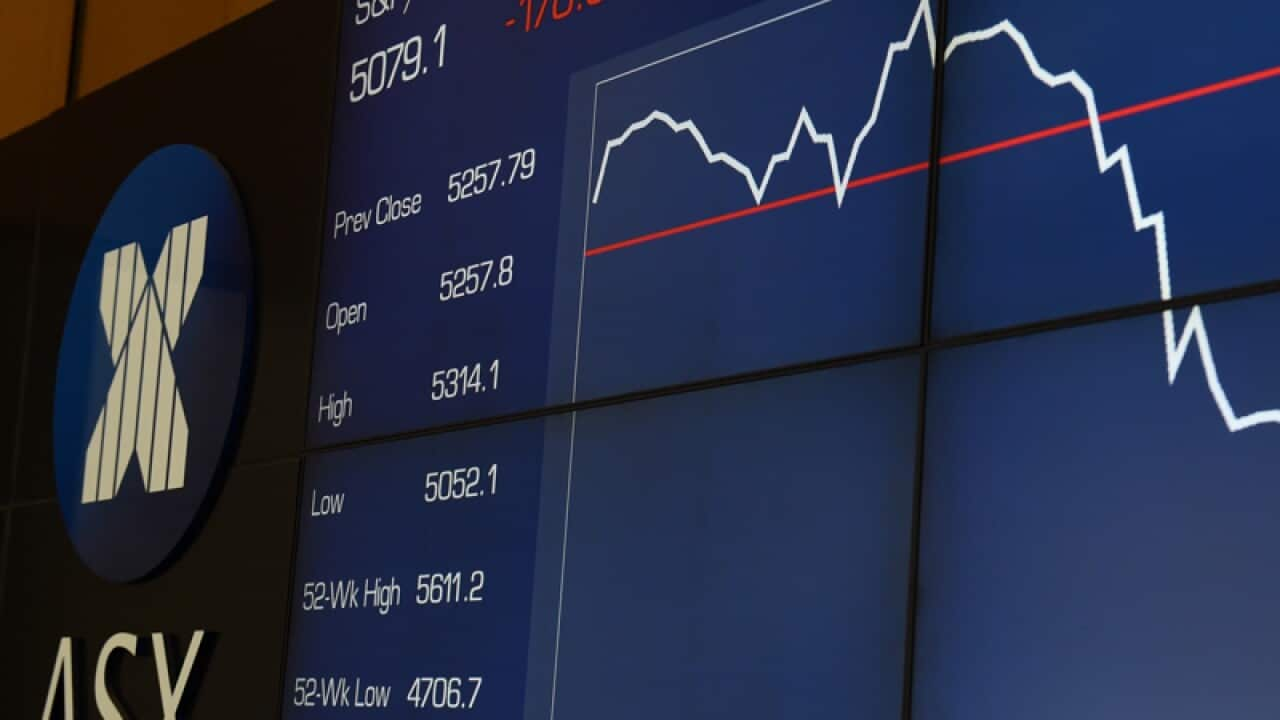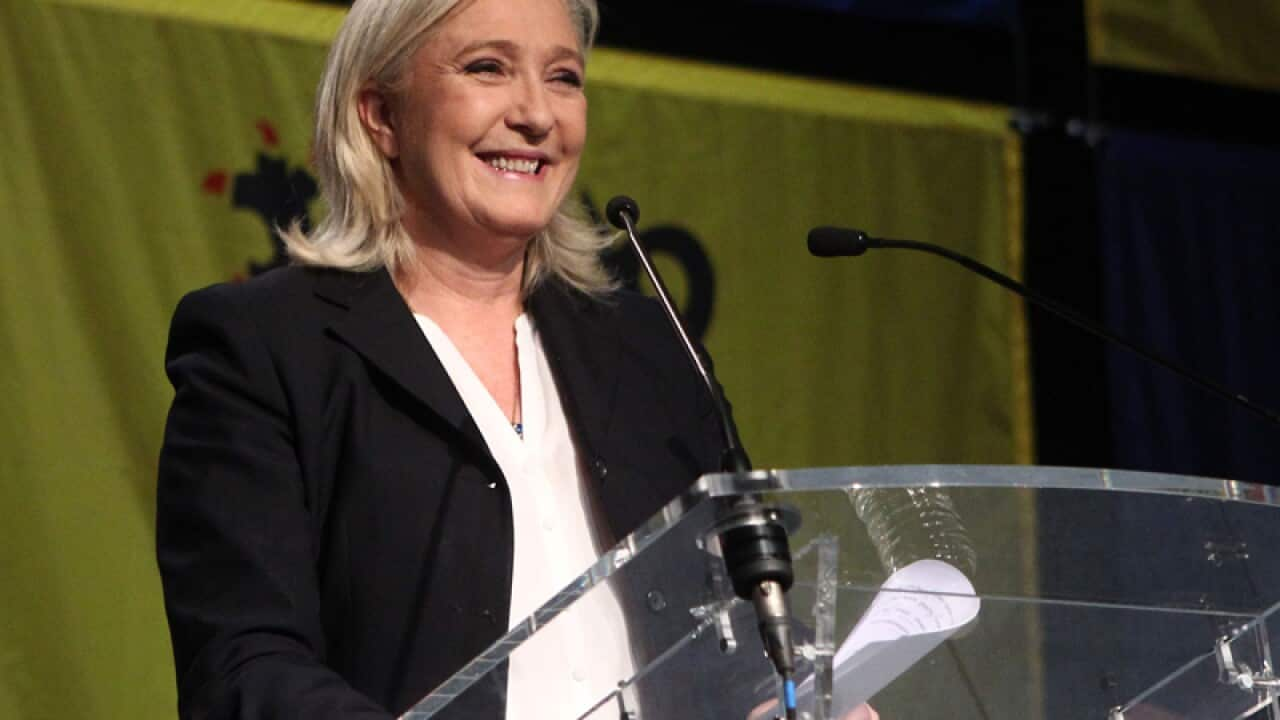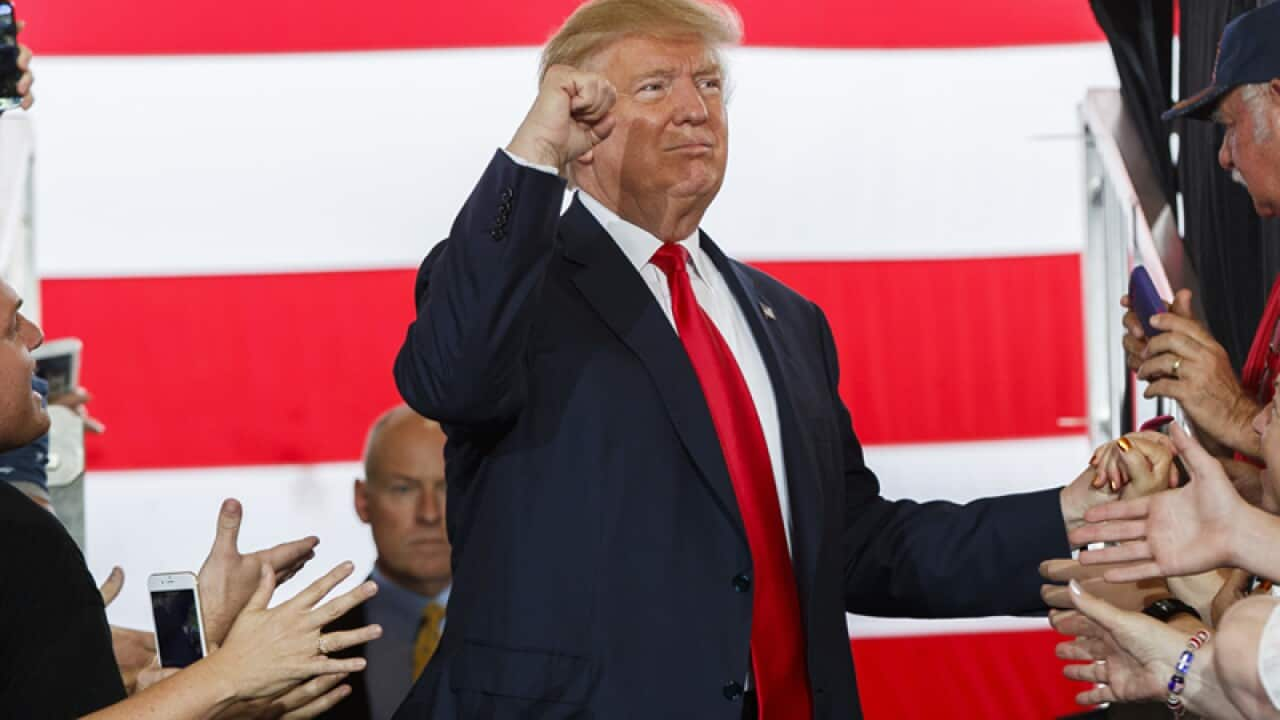The US dollar sank and stocks plummeted in market mayhem on Wednesday as investors faced up to a shock win for Donald Trump in the US presidential election that could upend the global political order.
European shares looked set to follow with losses of more than four per cent as every new TV network projection in the US election showed the race to be far closer than anyone had thought, sending investors stampeding to safe-haven assets.
Sovereign bonds, the Japanese yen and gold surged while the Mexican peso went into near free-fall in chaotic trading as once again polls and betting markets proved woefully wrong.
"Markets are reacting as though the four horsemen of the apocalypse just rode out of Trump Tower," said Sean Callow, a forex strategist at Westpac in Sydney.
"Or at least three of them - it might be four when the prospect of a clean sweep of Congress sinks in."
News networks have called the election for Republican candidate Trump and CNN reported that his Democrat rival Clinton had conceded.
US stock futures dived five per cent at one point, worse than the carnage caused by the British vote to leave the European Union in June that wiped trillions of dollars off world markets.
Investors fear a Trump victory could cause global economic and trade turmoil and years of policy unpredictability, which among other things will discourage the Federal Reserve from raising interest rates in December as long expected.
Fed fund futures were even starting to toy with the idea of a cut in rates next year and it was possible the Bank of Japan and European Central Bank might be forced to ease policy yet further.
With FX markets reeling, South Korean authorities were thought to have intervened to steady their currency, and dealers wondered if central banks globally would step in to calm nerves.
Japan's top currency diplomat signalled Tokyo's readiness to intervene if necessary as the surging yen threatened to snuff out its fragile economic recovery.
The scale of the scare was clear in the Mexican peso, which plunged more than 13 per cent against the dollar at one point in the biggest daily move in two decades.
"A lot of Trump's negative geopolitical rhetoric was concentrated around Mexico and trade with Mexico and tearing up the NAFTA agreement, so the peso just become this natural barometer of the election," said Deutsche Bank EM FX Strategist Gautam Kalani.
The risk of a global trade war likewise hammered currencies across Asia, with the Australian dollar leading the rout.
The story was very different against the safe-haven yen, with the US dollar shedding as much as 3.3 per cent to 101.85 yen. The euro jumped 2.3 per cent to $US1.1278 ($A1.4713) as well though both had started to nudge off their highs as Europe opened.
Asian stocks skidded, with MSCI's broadest index of Asia-Pacific stocks outside Japan down 2.5 per cent and the Nikkei off a savage 5.4 per cent.
With voting completed in more than two-thirds of the 50 US states, the race was still too close to call in Michigan, Wisconsin, Pennsylvania and New Hampshire, states that could be vital to deciding who wins the presidency.
News channels projected Trump's Republicans had retained control of the US Senate.
Markets had favoured Clinton as a status quo candidate who would be considered a safe pair of hands at home on the world stage. Analysts had no such certainty about Trump.
"With Brexit we had one bad day but this is different. This is what's scary about putting the most powerful position in the world in the hands of a man who many believe is temperamentally unstable," said Donald Selkin, chief market strategist at National Securities in New York.
"His tax cuts could open up a huge increase in the budget deficit and his trade sanctions could interrupt world trade. This could put us in a recession."
Sovereign bonds flew ahead, pushing yields on 10-year US Treasury notes down as much as 12 basis points to 1.75 per cent, again the largest drop since Brexit, though they too pared back slightly to stand at 1.80 per cent.
In commodity markets, safe-haven gold climbed 3.5 per cent to $US1,320 ($A1,722) an ounce as the US dollar slid.
Oil turned tail on concerns over the global economic outlook. US crude shed $US1.30 to $US43.68 a barrel at its lowest, while Brent fell $US1.15 to $US44.89 before it steadied and clawed back to just above $US45 barrel.














